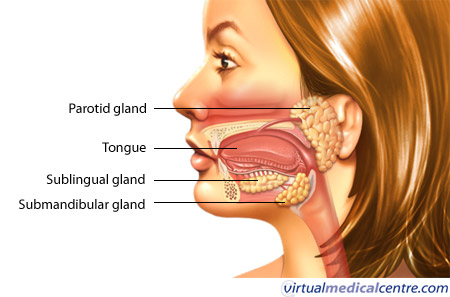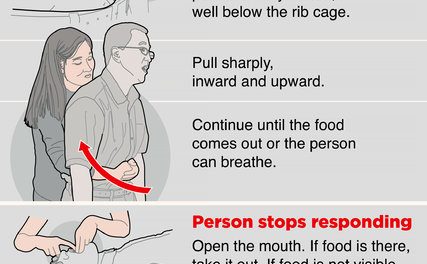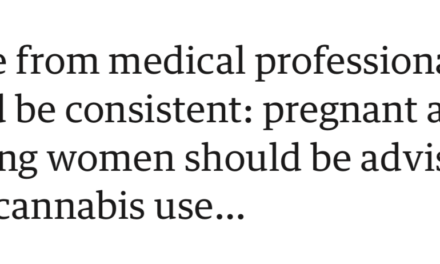SCC ally Larry Brooke forwards this story from the Washington Post, headlined “Chronic Marijuana use is about as bad for your health as not flossing, researchers find.” The Post piece, which summarizes a study published June 1 in JAMA Psychiatry, is basically reassuring in tone and content. But many media outlets emphasized the negative: For example, “Long-Term Pot Use Tied to Gum Disease in Study,” was the WebMD headline.
Importance After major policy changes in the United States, policymakers, health care professionals, and the general public seek information about whether recreational cannabis use is associated with physical health problems later in life.
Objective To test associations between cannabis use over 20 years and a variety of physical health indexes at early midlife.
Design, Setting, and Participants Participants belonged to a representative birth cohort of 1037 individuals born in Dunedin, New Zealand, in 1972 and 1973 and followed to age 38 years, with 95% retention (the Dunedin Multidisciplinary Health and Development Study). We tested whether cannabis use from ages 18 to 38 years was associated with physical health at age 38, even after controlling for tobacco use, childhood health, and childhood socioeconomic status. We also tested whether cannabis use from ages 26 to 38 years was associated with within-individual health decline using the same measures of health at both ages.
Exposures We assessed frequency of cannabis use and cannabis dependence at ages 18, 21, 26, 32, and 38 years.
Main Outcomes and Measures We obtained laboratory measures of physical health (periodontal health, lung function, systemic inflammation, and metabolic health), as well as self-reported physical health, at ages 26 and 38 years.
Results The 1037 study participants were 51.6% male (n = 535). Of these, 484 had ever used tobacco daily and 675 had ever used cannabis. Cannabis use was associated with poorer periodontal health at age 38 years and within-individual decline in periodontal health from ages 26 to 38 years. For example, cannabis joint-years from ages 18 to 38 years was associated with poorer periodontal health at age 38 years, even after controlling for tobacco pack-years (β = 0.12; 95% CI, 0.05-0.18; P <.001). Additionally, cannabis joint-years from ages 26 to 38 years was associated with poorer periodontal health at age 38 years, even after accounting for periodontal health at age 26 years and tobacco pack-years (β = 0.10; 95% CI, 0.05-0.16; P <.001) However, cannabis use was unrelated to other physical health problems. Unlike cannabis use, tobacco use was associated with worse lung function, systemic inflammation, and metabolic health at age 38 years, as well as within-individual decline in health from ages 26 to 38 years.
Conclusions and Relevance Cannabis use for up to 20 years is associated with periodontal disease but is not associated with other physical health problems in early midlife.
Retro Message: We are so accustomed to the media slanting stories to emphasize the dangers of cannabis that we might downplay or dismiss the implicit warning from Meier et al. Also, we might discredit data from Dunedin because it was the basis for that bogus study attributing an 8 point drop in IQ to cannabis use. But the association between cannabis and gum problems should not be dismissed out of hand. The current O’Shaughnessy’s has an informative piece by Joshua Ahn about Xerostomia (dry mouth) that Cannabis clinicians might want to share with patients. (The print edition is still available.) SCC docs might also want to add dry mouth to the list of possible adverse events they ask about, and remind patients to brush and floss. Couldn’t hurt. —FG





